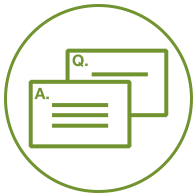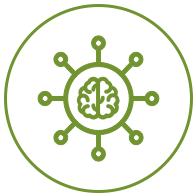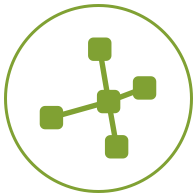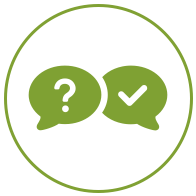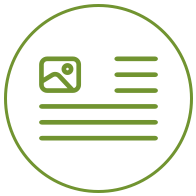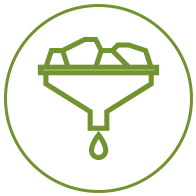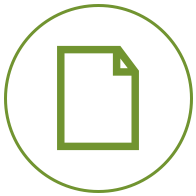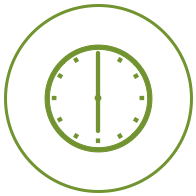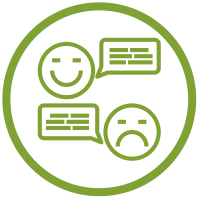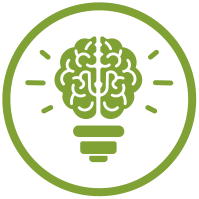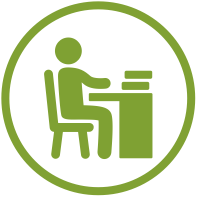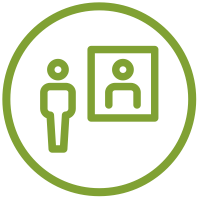This resource has been developed with the support of Internet Geography Plus subscribers. Please consider supporting Internet Geography by taking out a low-cost subscription to Internet Geography Plus.
Revise It
If you’ve reviewed your revision needs, you’re are almost ready to start revising. Before you do start we recommend you have a read of our guide to how not to revise. It could save you lots of wasted learning time! Following this have a look at our guides to key learning concepts and find out which revision techniques we strongly recommend.
Below are links to a range of revision strategies you might want to explore.
Revision
Further Revision Resources


